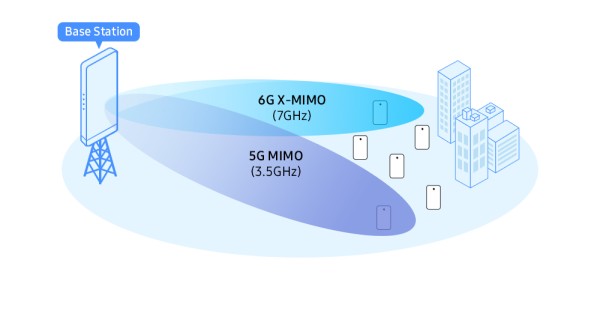Vodafone announced the launch of the UK’s first 5G standalone (SA) mobile private networking (MPN) service on Wednesday, expanding the range of innovative private networking solutions available to British enterprises. This development is crucial for enabling specialized services that rely on end-to-end 5G infrastructure.
One key feature of this new service is slicing, which allows clients to tailor network performance and access for specific traffic types or employee groups. For instance, a collaboration app like Teams might utilize a high-bandwidth, quality-of-service slice for video meetings. Similarly, mission-critical sensor data or automated guided vehicles (AGVs) could require a low-latency slice for real-time connectivity. Enterprises may also isolate sensitive data into a specific slice, granting access only to particular employees.
“Vodafone can support innovation by cultivating new use cases in an environment that offers the best opportunity,” said Nick Gliddon, Vodafone UK’s business director. He added that the company can provide tailored experiences to serve as a catalyst for innovation, whether it be for low-latency requirements, enhanced security, or enabling massive IoT models.
Moreover, 5G SA private networks represent a chance for operators to increase value in their enterprise services, potentially boosting service revenue. Vodafone has been a leader in 5G SA advancements, boasting numerous “firsts” in the UK market.
In addition to the private 5G SA launch, Vodafone, in collaboration with Coventry University, opened the UK’s first 5G SA media innovation lab last week. This facility focuses on developing use cases for broadcasters and other media companies. Vodafone also conducted the UK’s first 5G SA trial in 2020 and launched a commercial pilot in three major cities a year later.
Vodafone’s early adoption of 5G SA-based private networking services puts the company in a favorable position to outpace its competitors. ABI Research forecasts that private cellular networking revenue will surge from $7 billion in 2023 to $96 billion by 2030. However, demand is mainly driven by outdoor coverage solutions for remote areas, such as quarries, ports, and oil and gas fields, where 4G is sufficient. ABI predicts that 4G will dominate private network deployments until 5G surpasses it by the decade’s end. Vodafone is well-positioned to capitalize on this shift when more enterprises transition to advanced 5G SA-based services.





















